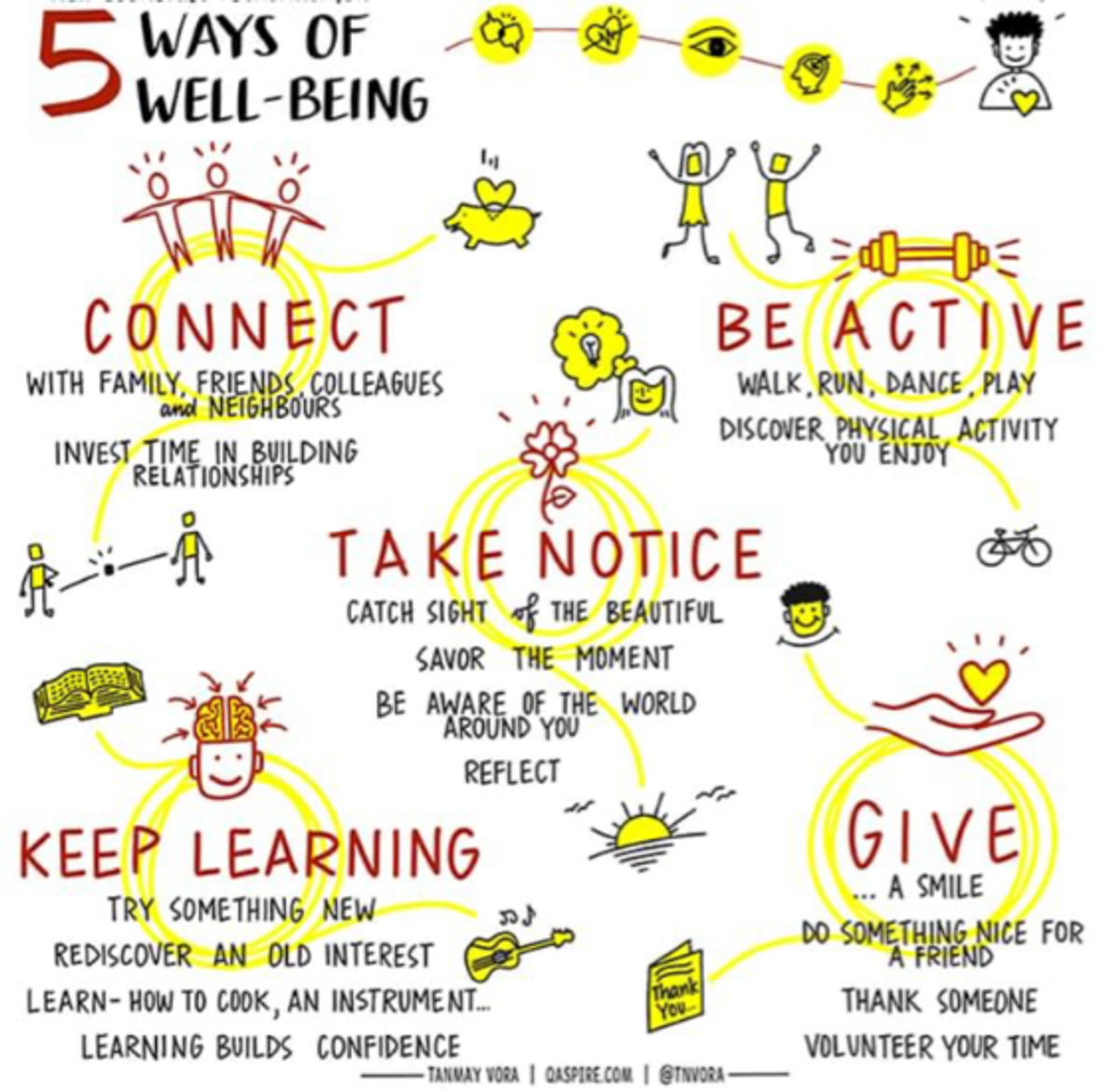Deputy Principal, Wellbeing

Vaccination Booster
Can I encourage all boarding families to arrange a COVID vaccination booster if not already done. Our nurses will also be able to assist if required. Please do not hesitate in contacting myself, Andrew Monk, or our College Nurse, Elizabeth Munro EMunro@hamiltoncollege.vic.edu.au
Wellbeing
Distressing news & conflict for children and adolescents
It is hard for children, adolescents and adults not to be affected by the news coming out of Ukraine right now. Due to the instantaneous nature of the news, we have unprecedented access to live footage, photographs and social media feeds from on the ground. These images can be very confronting and upsetting, particularly for young people and adolescents.
Rupert Saunders, senior clinical advisor at Headspace, suggests feelings of anxiety, distress or heartbreak from conflict viewed on the television or online are completely normal, particularly heightened after two years of the COVID-19 pandemic and uncertainty playing a role in the lives of all young people. There is an increased sense of unpredictability, and the reality of another global disaster is difficult for young people to process.
Some tips to support your children:
Minimise your exposure
- Take a break from the news and social media, particularly if you are feeling distressed.
- Stick to credible news services, TikTok videos aren’t the most reliable source.
- Avoid catastrophising – remember to take one day at a time.
Stick to a routine
- This will help with making life more predictable, particularly for children.
- Our brains like patterns and consistency, the more we can have this, the better our brain is placed when coping with adversity.
- Allocate a particular time of the day to talk about concerns or worries, then focus on other positive parts of the day at other times.
Look after your body
- Eat nutritious foods, drink plenty of water.
- Prioritising sleep and removing devices from rooms where children can access unfiltered or distressing content.
- Exercise and moving the body as regularly as possible.
- Recognise and acknowledge emotions that might be present.
Connect with others
- Connect with family and friends and share emotions and concerns
- Reach out to a mental health support service (school counsellor, Kids Helpline, Headspace, Beyond Blue) if any distress is causing disruptions to day-to-day activities, sleep or social connections, or dominating conversations and thoughts.
Kate Couchman
School Counsellor

